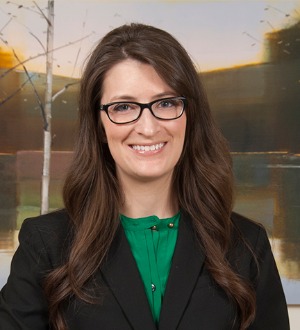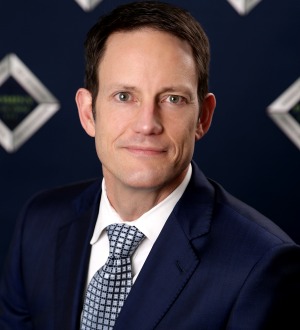With one of our clients celebrating its 75th anniversary this year, it is interesting to look back at how the debt collection industry has changed over the decades. Many of the ways the industry has evolved are tied to the enactment of new laws.
For many decades most collection agencies were small, family owned businesses. Contact with debtors occurred most frequently over the phone or through the mail. Few regulations governed the debt collection industry and few limits existed on the tactics debt collectors could employ.
The State of Wisconsin was at the forefront of instituting regulations and guidelines for the collection industry. In 1973, the state enacted the Wisconsin Consumer Act, which prohibited certain abusive collection practices and required collectors to use the judicial system for certain types of collection activities.
A few years later the federal government followed Wisconsin’s lead. In 1978, Congress passed the first national law regulating the collection of debt, the Federal Debt Collection Practices Act. Under this Act, collectors could only contact debtors during certain hours, were required to disclose the purpose of their call, and could not employ collection tactics that were considered abusive. Debtors were also given the right to demand verification of a debt.
With the start of national industry regulation and the federal government’s later decision in the 1980’s to contract with third parties to collect the government’s millions of dollars of federal student loan debt, collection agencies began to grow and consolidate into larger businesses.
In 1991, the Telephone Consumer Protection Act was enacted to further regulate the use of telephones in the debt collection and advertising industries. Among its provisions, the TCPA instituted a national “Do Not Call” registry and prohibited the use of automated dialing systems to contact cell phones without a debtor’s consent.
In the wake of the Great Recession, in 2011 the federal government created the Consumer Financial Protection Bureau (CFPB). This federal agency was given investigative authority over the debt collection industry, including the power to file legal claims over perceived abuses. The CFPB created a website portal for debtors to file complaints against agencies and for agencies to respond.
Most recently, federal legislation known as Regulation F created a national model validation notice for agencies to employ when communicating with debtors. It also provided legal guidance for collection communications occurring via emails, texts, and social media messaging platforms.
A lot has changed in the collection industry in the last 75 years. While phone calls and mailings remain as important ways for collectors to contact debtors, they are no longer the exclusive means of contact. Regulations governing how collectors interact with debtors and what information must be communicated have steadily increased over the decades. To be successful in the long term, debt collection companies must successfully navigate these industry changes while continuing to produce excellent returns for their clients.
These articles, legal alerts, and videos are for informational purposes only. We are not providing legal advice or creating an attorney/client relationship with this information. Furthermore, the law is constantly changing and these materials may no longer be current. Please consult legal counsel regarding your specific legal situation.


























